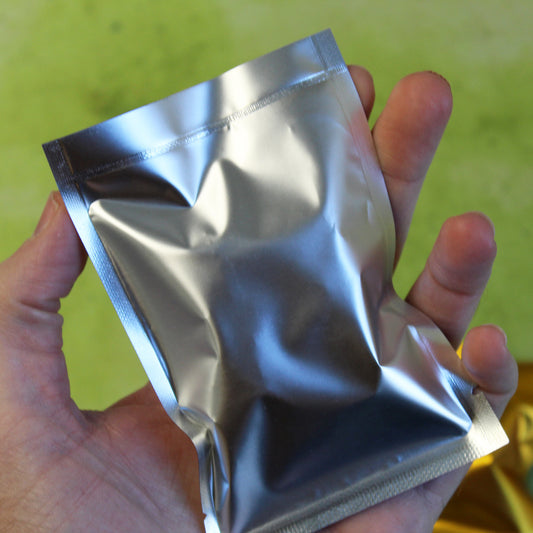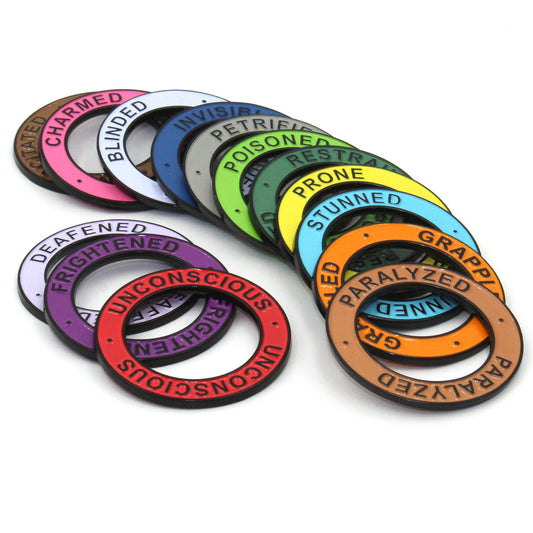The rules surrounding underwater combat in D&D are notoriously vague and leave a lot of room for interpretation. In the 5e ruleset there are a few guidelines around breathing mechanics and movement and a couple limitations on attacks; but, for the most part, your party is at the mercy of your ruling.
For newer DMs, wielding that kind of power while establishing consistent and reasonable underwater combat rules can be tough. In this article, you’ll find the basic guidelines for underwater combat and some discussion about the various interpretations DMs have used in their campaigns:
Attacks in Water
Almost any attack a player attempts underwater will be disadvantaged. It’s just not as easy to forcefully club an enemy over the head with a Warhammer or hit a target from a distance underwater. So, with few exceptions, any melee or range attack will have a disadvantage.
In D&D 5e a disadvantage means the player should roll two d20 and take the lower of the two results. If they roll an 18 and 7, they have to take the 7.
Melee Weapons
Most melee weapons have a disadvantage because it’s hard to strike with any kind of force due to the resistance from the water. The exceptions to this rule are any weapons that work by piercing rather than by force of impact. Spears, tridents, daggers, javelins, and anything else that you could stab an enemy with doesn’t have a disadvantage.
Ranged Weapons
Ranged weapons also have a disadvantage and are rendered completely useless outside of their normal range. Just imagine trying to shoot darts or use a slingshot underwater. It wouldn’t go very well.
There are exceptions here, as well, for piercing weapons. Players can throw spears and javelins or even shoot a crossbow without a disadvantage. However, they still can’t go beyond the weapon’s normal range.
Spells and Cantrips
There are no specific rules regarding spellcasting underwater which leaves this territory open to your own interpretation. For most spells and cantrips, it’s reasonable to assume that being underwater wouldn’t make too much of a difference.
There is some debate about verbal spells, though. Most DMs won’t allow it at all because it’s not really practical to speak underwater. Others allow verbal spells but dock minutes off the player’s breath as a penalty.











